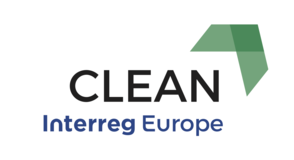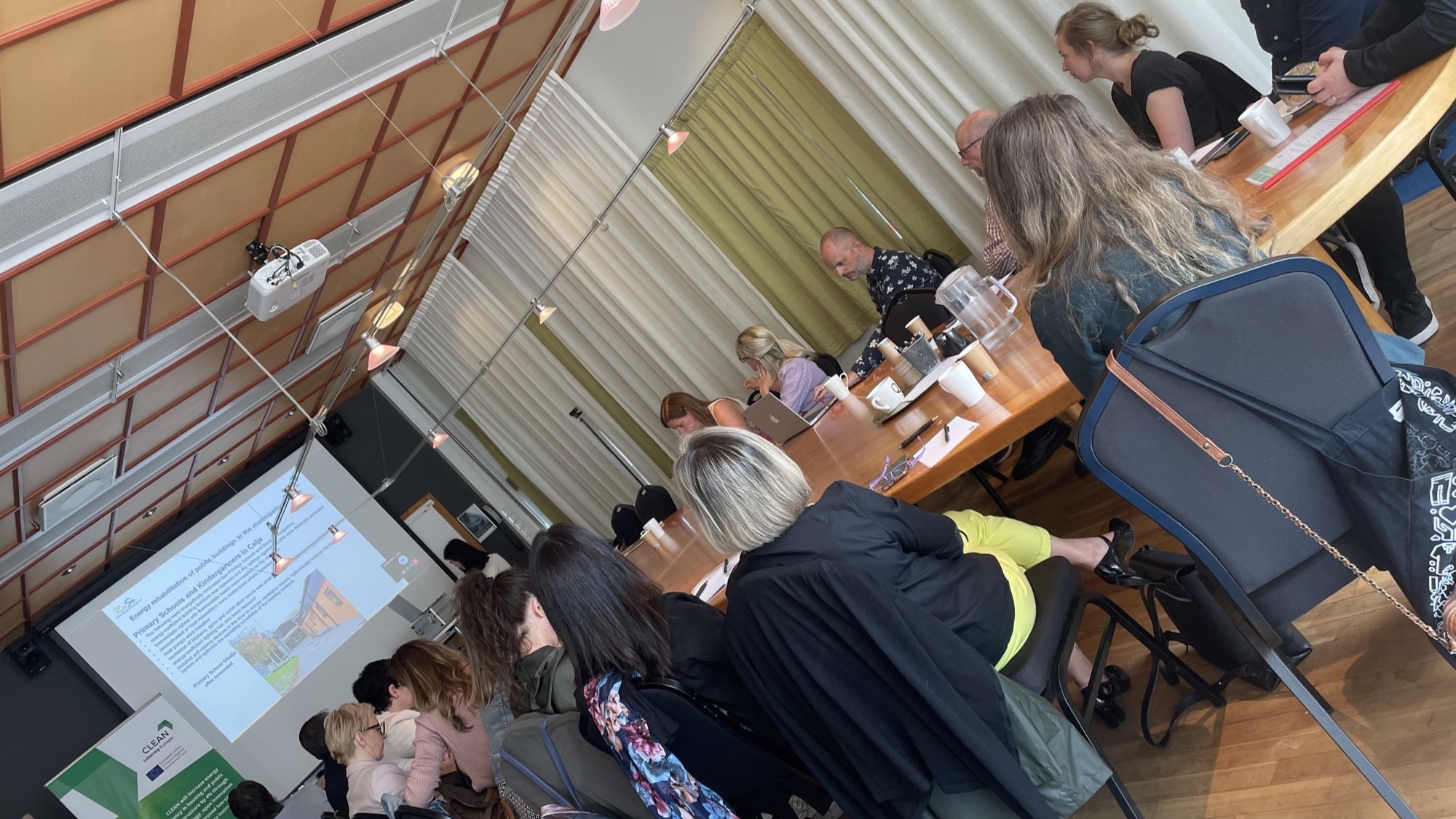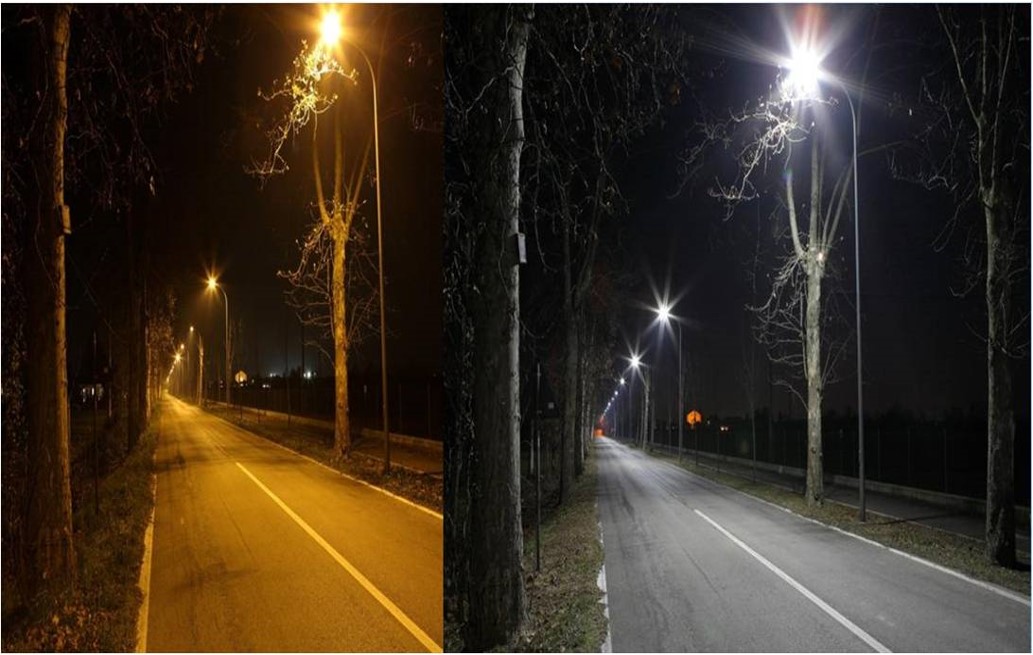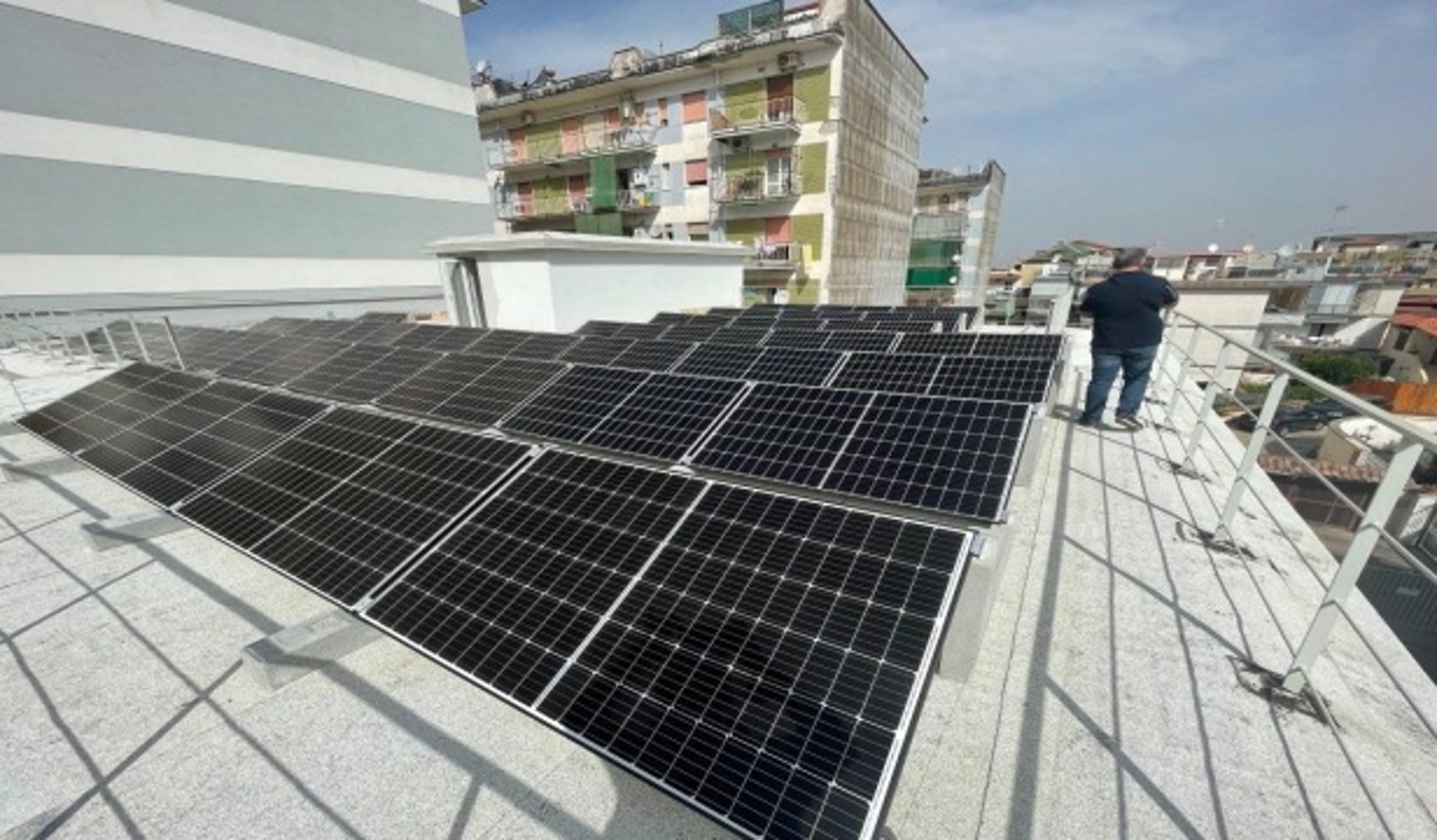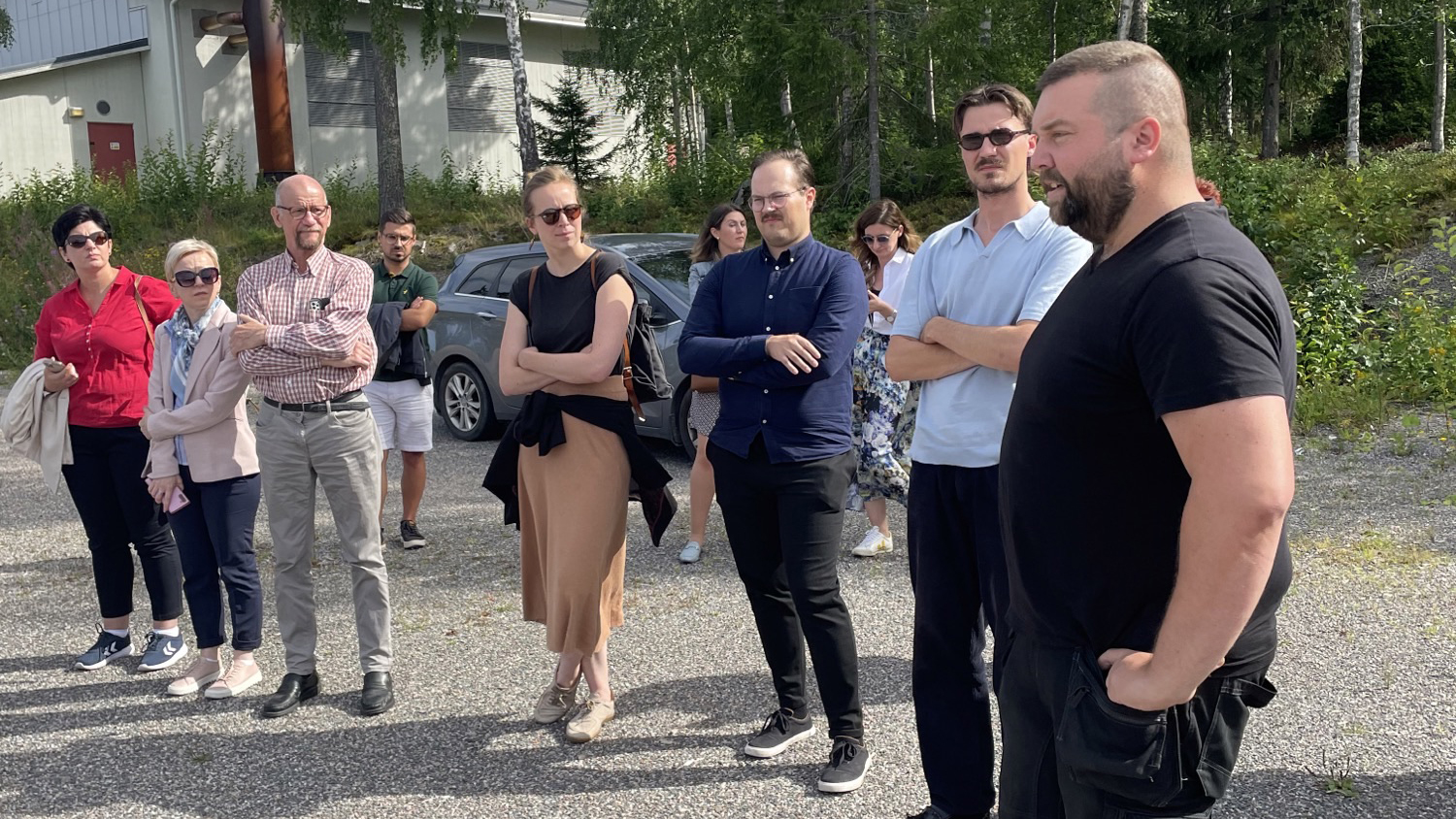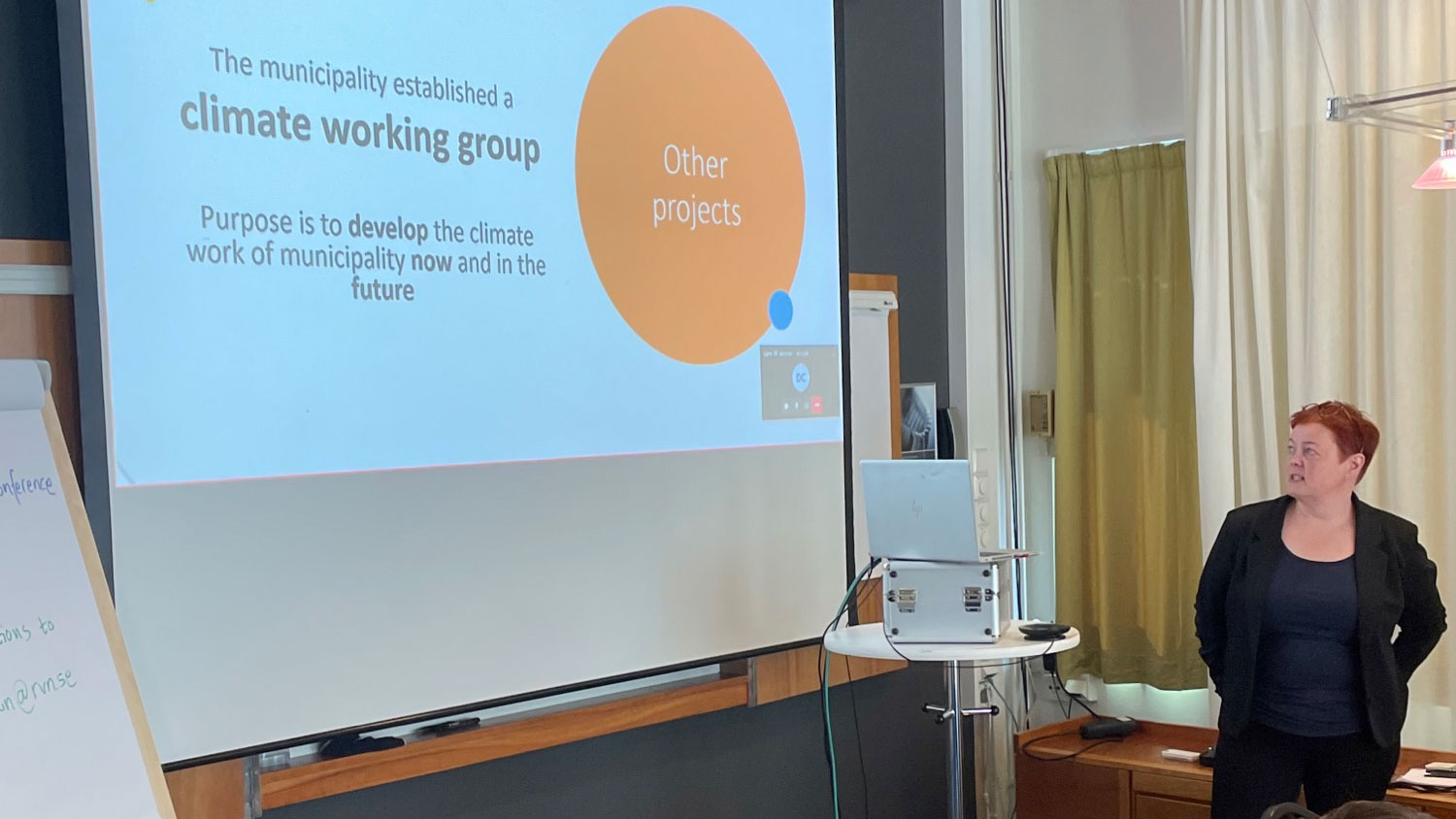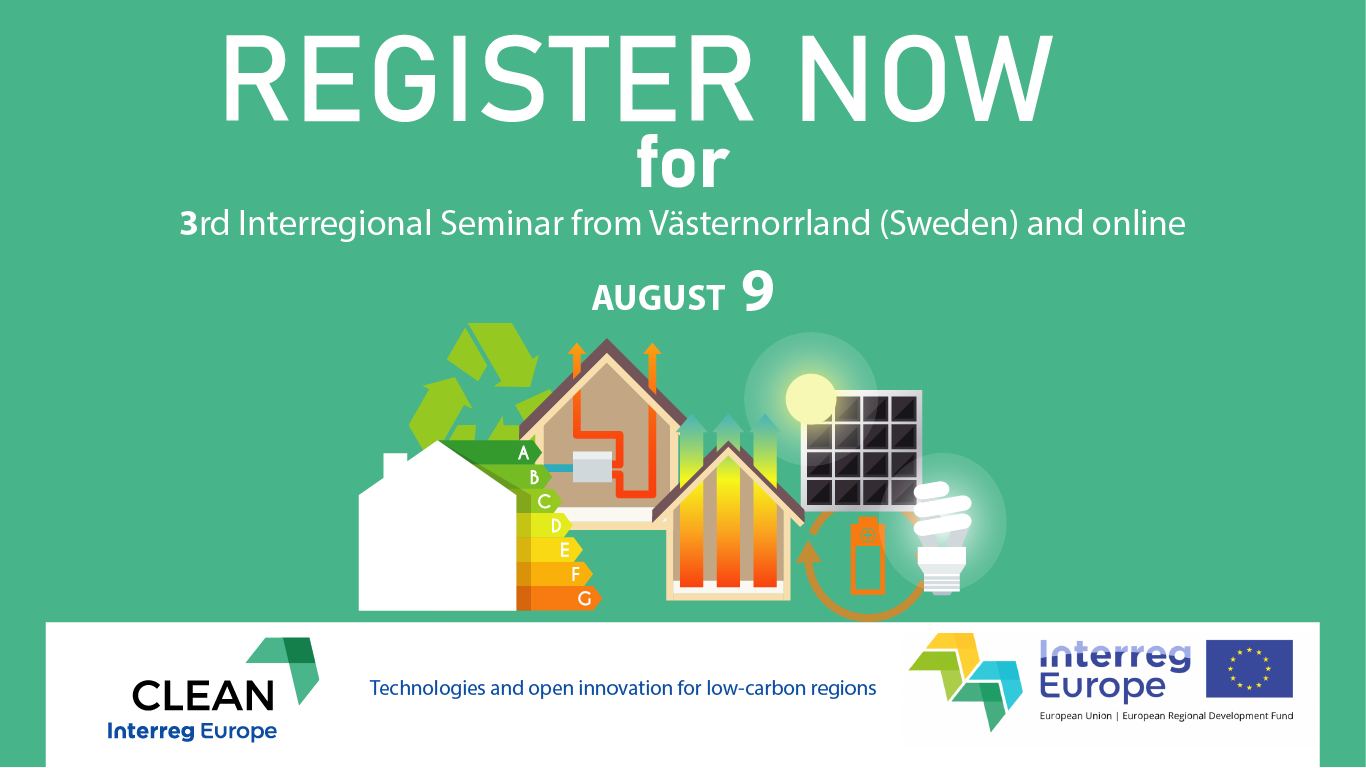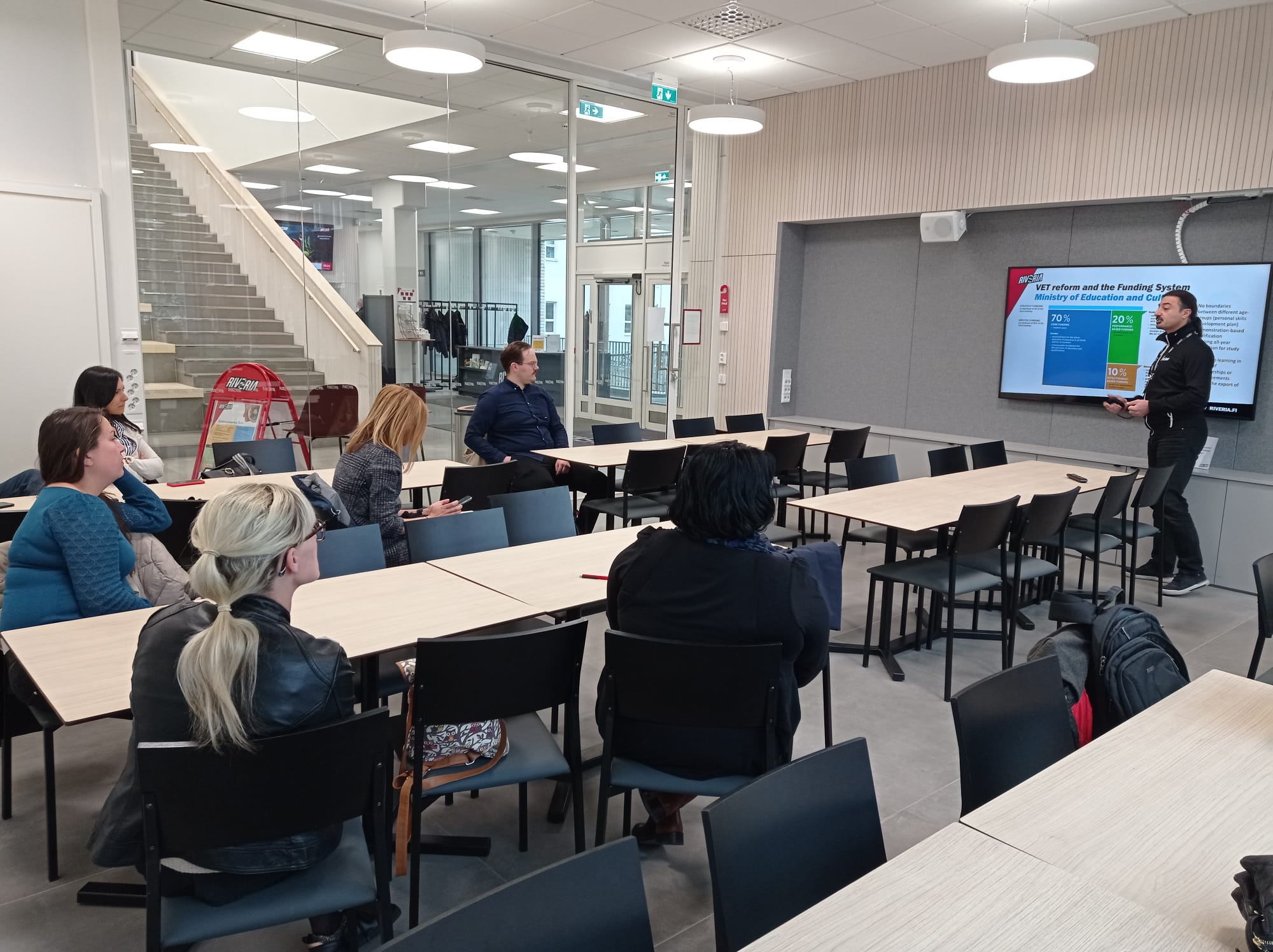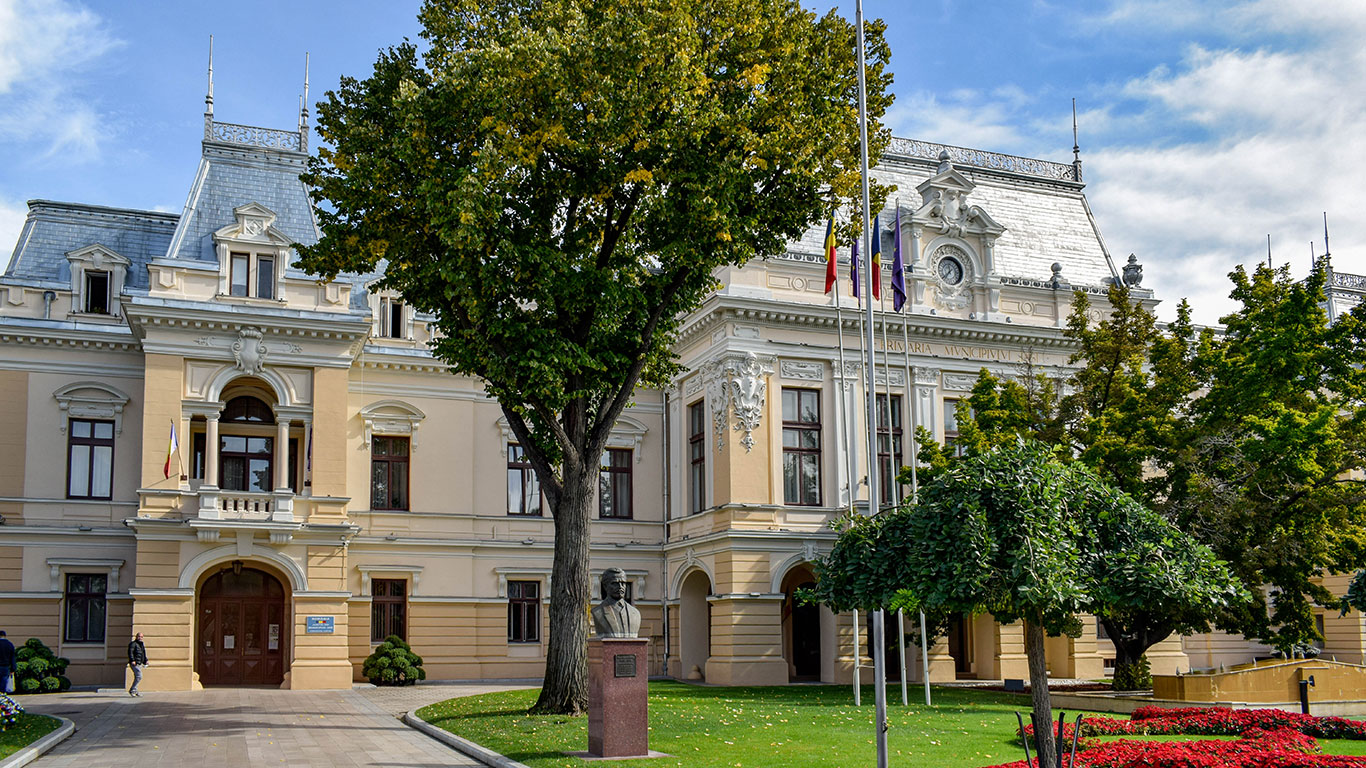Interreg Europe funded CLEAN project partner ANEA, the Naples Agency for Energy and Environment, will focus on infrastructural interventions on the structure of the hospital buildings. This action is in addition to the refurbishment of heating & air conditioning systems with solar-powered options and the replacement of lighting systems with LEDs in five hospitals of Campania region.
The Campania Region located in the South-West of Italy has a natural vocation for the use of Renewable Energy Sources (RES) and is the natural hub for the passage of infrastructural corridors for the transport of energy. A challenge to this is that an estimated that the 40% of the buildings in Campania date back to the post WW2 period, so many building facilities have very low energy performance indices, including hospitals.
Based on this dated infrastructure, the Campania Region has moved from an energy policy that was originally driven by the “containment of the consumption” of oil and derivatives, to a policy of local energy production and “intelligent” distribution of energy, especially in buildings.
ANEA’s intention is to begin implementation of the defined actions initially in five specific hospital buildings. Following the documented energy-saving benefits experienced in these buildings, the organisation intends to extend the pilot actions to other buildings in the health sector. ANEA expects to increase energy savings in the region based on this multi-faceted upgrade and they hope to incorporate regional and national funds to increase the of number of hospital buildings that can be renovated in the region.
In this action, ANEA has learned from good practices and the experience of another project partner, Fomento San Sebastián. The knowledge transfer involved the ‘ENERTIC Smart-building Project’ in the Basque region of Spain. ANEA focused on this good practice due to similarities in geographical position, culture, community needs and because of its strong example of near zero emission buildings. ANEA also considered the Region of Crete’s good practice the ‘Green Hospital Project’. Region of Crete has shown that hospitals are known to be large energy consumers and in most European countries the high proportion of ageing building stocks place hospitals amongst the least energy efficient public buildings.
With this action ANEA aims to implement an active involvement between public authorities, citizens who own buildings, research centres and companies. All these stakeholders are actors capable of introducing new innovative energy efficiency solutions.
